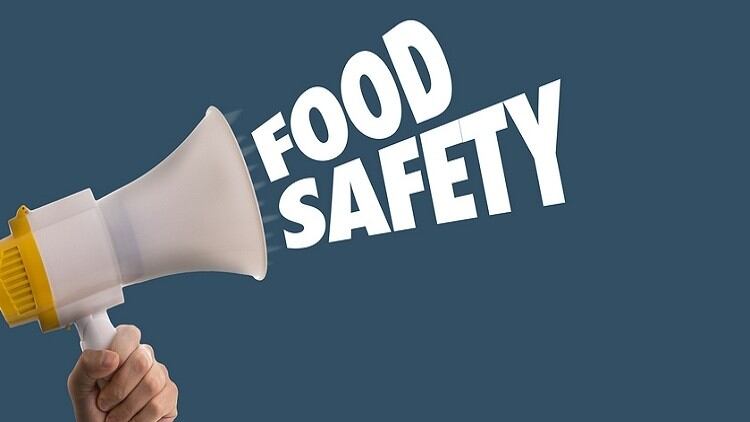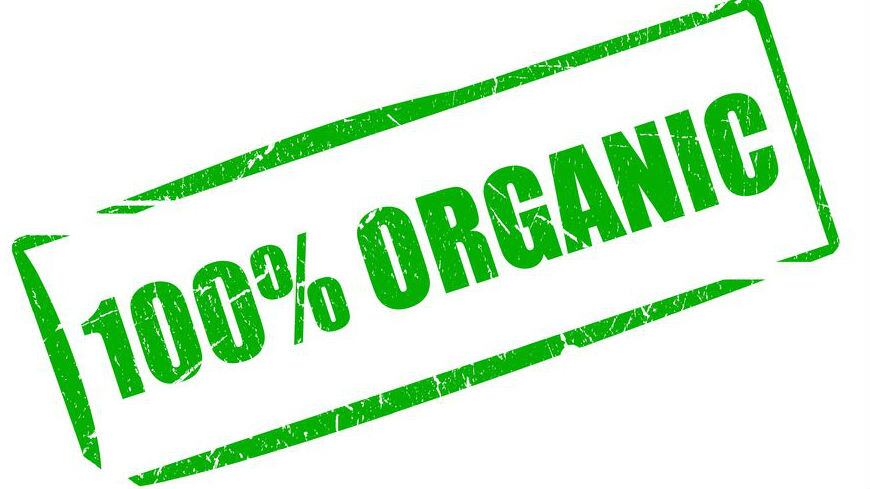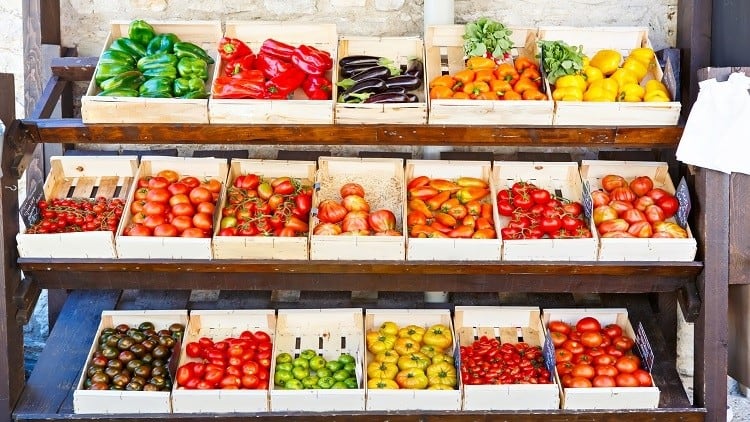This includes demanding homemade food sellers to follow safety and hygiene norms, local media Khaleej Times reported.
Some of the homemade food commonly available for sale include falafel, baked cookies, cakes, samosas and beans.
In the UAE, homemade food are frequently sold in grocery stores or online.
Reportedly, grocery stores get to benefit by receiving 10% of the sales proceeds.
The authorities have also warned the public against social media posts that promote the sales of homemade food at cheap prices.
This is because the authorities found out that many sellers do not use fresh ingredients when preparing the food.
Business requirements
Homemade food businesses are required to apply for business license before they can operate in the UAE.
License is granted after authorities have ensured that 1) homemade food were prepared in hygienic conditions and 2) workers involved are free of diseases and hold health fitness certificates.
Owners of homemade food businesses are also required to join food health program and obtain certificate of health and hygiene conditions, an official from the Sharjah Economic Development Department (SEDD) was quoted.
Violations may result in fine or closing of business.
Homemade food businesses are regularly monitored by inspectors, an official from the Sharjah Municipality added.
Homemade food sold in grocery stores must also bear product label. For instance, the labels should list the ingredients used, production source and the expiry date.
The UAE issued new food regulations earlier in June this year. For instance, any product that is not registered with the Emirates Conformity Assessment System (ECAS) is not permitted for sale in the marketplace.
Social media
Besides selling the food via grocery stores, the homemade food producers – usually housewives would also promote their products via social media.
However, they are required to apply for an e-trade license before they can sell food or any other products on social media such as Facebook and Instagram.
Introduced last year, individuals are required to apply for the license from the Department of Economic Development. The license costs approximately US$291 (Dh1,070) .
The licensing was also meant to clamp down the sales of counterfeit products on the social media.
As of July last year, nearly 56% of the e-traders licensee were women.
Even social media influencers who earn from promoting brands and goods are required to apply for media license according to new rules introduced this year. Each license costs around US$4,083 (Dh15,000).





